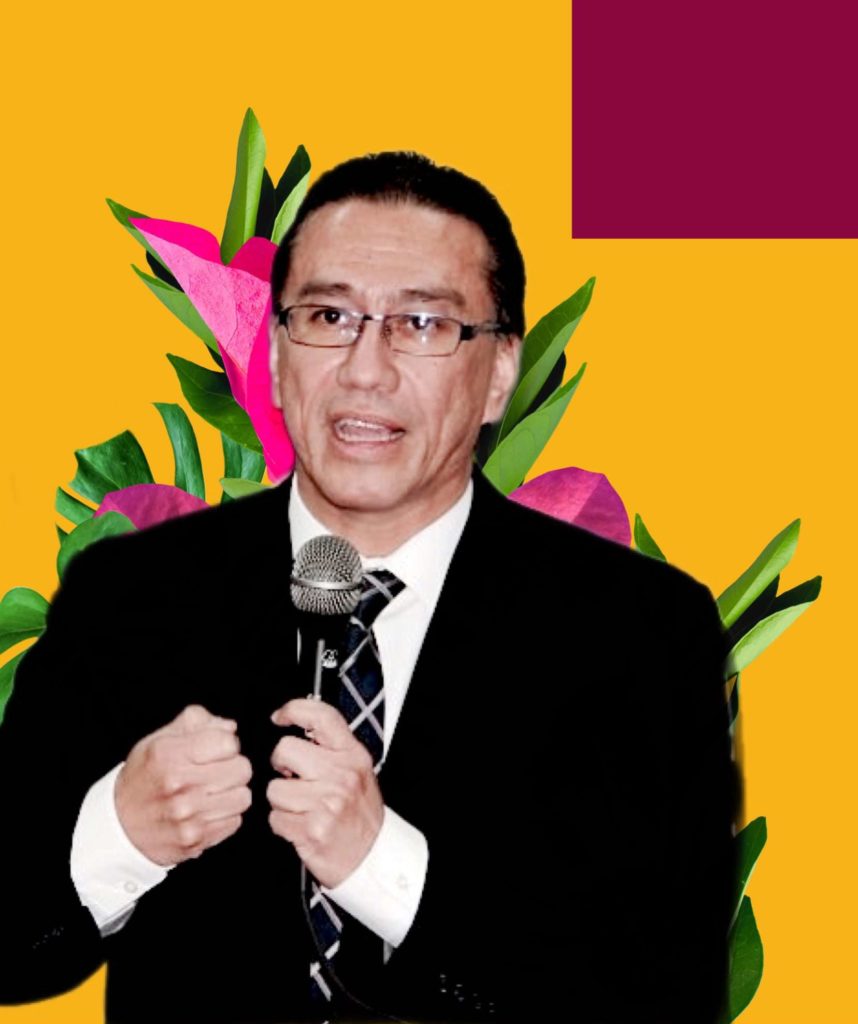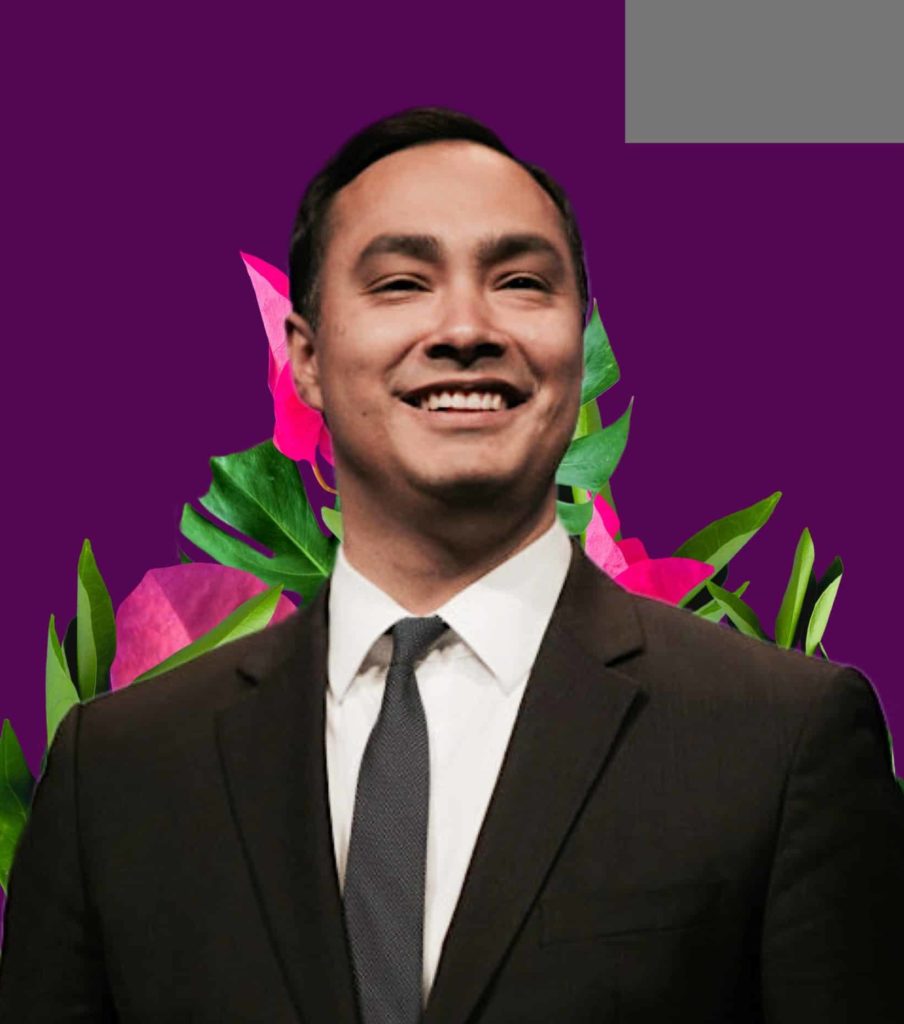Every year, we honor organizations or individuals who have worked tirelessly to promote human rights, democracy, and justice in Latin America. Our awardees are organizations or individuals who exemplify a commitment to WOLA’s vision for the future, where human rights and social justice are the foundation for public policy.
Máxima Emiliana García Valey was born in the community of San Gabriel, municipality of San Miguel Chicaj, in the Guatemalan department of Baja Verapaz. She is of Mayan origin and her mother tongue is Achi. When she was eight years old her father died, so she moved with her mother and three siblings to the community of Chichupac in the municipality of Rabinal in the same department.
From an early age she has been dedicated to agriculture and domestic work and did not have the opportunity to receive a formal academic education. In 1980 she married at the age of 17 and the following year she became pregnant with her first child.
On November 22, 1981, during Guatemala’s internal armed conflict, her mother was murdered and on January 2 the following year, Máxima was sexually assaulted by a group of military and paramilitary personnel. She was seven months pregnant. On the same day, 32 men were murdered in her community. Her son was born on April 16, but due to the multiple sexual abuses and the risks she faced during the pregnancy, he was born with disabilities and died at the age of three. After losing several family members and her livelihood, Máxima was forced to leave her community with her husband in search of work. She returned in 1987 and began to rebuild her home.

A decade later, in 1998, Máxima, alongside other members of her community, began the process of exhuming the remains of their loved ones and reported the facts to Guatemala’s Public Prosecutor’s Office. In 2002 the remains of her mother and other victims were exhumed.
The search for justice had just begun. In 2012, 36 Achi indigenous women, including Máxima, came together to report the abuse they had suffered and a decade later, in 2022, five of them secured the conviction of five former paramilitaries on charges of sexual violence.
Since then, Máxima continues to play an active role in her community. She was a health promoter between 2015 and 2017, has been part of the Community Development Council since 2019 and a year later, she was elected as President of the board of directors and legal representative of the Asociación Bufete Jurídico Popular, a local organization that provides legal advice and support. She also grows coffee which she sells in local markets.
In 2016, 15 Q’eqchi indigenous women became the first to win a case against former military officials for systematically raping them and subjecting them to sexual and domestic slavery for several years in Sepur Zarco military detachment during Guatemala’s internal armed conflict in the early 1980s. Demecia Yat is one of those women. This is how she chose to tell her story:
I was born on Christmas, that’s what my family told me. My mother, Maria, told me that a midwife helped her give birth to me. I didn’t know what my name was because I was always called “daughter.” I found out when I was six years old when someone asked me one day. I like it because there are not many names like that.
I grew up on the San Francisco farm in Senahú, in Guatemala. We were waiters. We worked every day, and if we didn’t, we were thrown out. My father, Joaquín Yat, had a cardboard box to put his salary in, but he never used it because he didn’t receive any. I was the oldest of seven siblings. Three died on the farm.

We left there because the corn did not grow and we moved to another farm in Sepur Zarco. My father said that the important thing in life was to have a house and a place to plant corn. The cornfield yielded big ears of white corn. It was a beautiful place: there were mountains and trees, we collected the firewood that the air blew away. The soil was black and the animals helped fertilize it. The bush grew and the leaves were big.
I liked to play under the trees. I used to tell myself that the leaves were money. The boys sold it, the girls bought it. We played with imaginary pots and jars.
Before the war we lived peacefully with our families and animals. We had corn, beans and chili. But the army left us without a house, without clothes, without food and without animals. The military took and killed our husbands and left us hungry. And because of the mistreatment, the land also lost its strength.
David Ernesto Morales Cruz is a human rights lawyer from El Salvador. Since 2017, he heads the Transitional Justice Unit at Cristosal, where he works on issues including forced displacement and justice for victims of El Salvador’s internal armed conflict (1979-1992). He is also the Chief Prosecutor representing victims of the massacre of El Mozote.
The massacre took place in December of 1981, when Salvadoran troops entered a rural area of northern Morazán province, where guerrillas from the Farabundo Martí National Liberation Front (Frente Farabundo Martí para la Liberación Nacional, FMLN) had been active. Over a period of three days, they executed nearly a thousand people, including several hundred children. It was the largest single massacre of civilians in modern Latin American history. Many of the troops involved came from an elite U.S.-trained unit, the Atlacatl Battalion, in the context of broader support the U.S. was providing El Salvador. For many years, ongoing administrations denied Salvadoran officials knew about the crimes.

Morales Cruz’ commitment to upholding human rights continued during the final years of the internal armed conflict and the beginning of the peace process (1990-1995). He worked for the Legal Protection Office of the Archbishopric of San Salvador, providing aid to victims and leading investigations into human rights violations. Subsequently, he worked for Tutela Legal del Arzobispado from 2005 to 2007, during which time he expanded the investigations on the El Mozote massacre and wrote the final report of this Office on this case, published in 2008.
He also served as Attorney for the Defense of Human Rights of El Salvador, elected by the Legislative Assembly (2013-2016), as Director General of Human Rights at the Ministry of Foreign Affairs (2009-2013) and at the Human Rights Ombudsman’s Office (1995-2005).
David Morales Cruz’s uphill battle for justice continues to this day as he is fighting President Nayib Bukele’s attacks on human rights in El Salvador.
Congressman Joaquin Castro is currently serving his fifth term representing his hometown of San Antonio, Texas, in the U.S. House of Representatives.
His family’s history in the United States began in 1922 when his grandmother came to Texas from Mexico in search of a better life. He has worked hard to seize the opportunities created by her sacrifices and the sacrifices of previous generations, and to expand possibilities for his constituents and people around the world.
As a senior member of the House Foreign Affairs Committee, he chairs the committee’s Subcommittee on International Development, International Organizations, and Global Corporate Social Impact, and works closely with foreign and domestic leaders to strengthen democracy, human rights, and economic opportunity for all. From 2019 to 2020, he served as chair of the Congressional Hispanic Caucus (CHC), where he worked to build a stronger future for Latinos while fighting back against the Trump administration’s efforts to dismantle the U.S. immigration system.

While he was Chair of the CHC he led a delegation to visit the tent camp in Matamoros, Mexico, where under the “Remain in Mexico” program, thousands of asylum seekers were being forced to wait in dangerous and inhumane conditions for their U.S. immigration court hearings. Representative Castro has led efforts in Congress to call for the end of Title 42 expulsions, which deny migrants the right to request asylum in the United States. Prior to the Summit of the Americas, Rep. Castro joined other CHC members in calling for the Biden administration to include key human rights and protections for vulnerable migrants in the Los Angeles Declaration of Migration and Protection.
He has also been a leader in highlighting the need to address the plight of climate displaced persons. Rep. Castro has worked to protect civil society leaders at risk in Central America and to shape U.S. assistance to Central America to address the drivers of migration from the region. In letters, statements, and questions in congressional hearings, Rep. Castro has consistently uplifted human rights concerns in Mexico, Colombia, and elsewhere in Latin America.
He lives in San Antonio with his wife and three children.
Lean more about WOLA’s Human Rights Awards and Benefit Gala 2022 here.